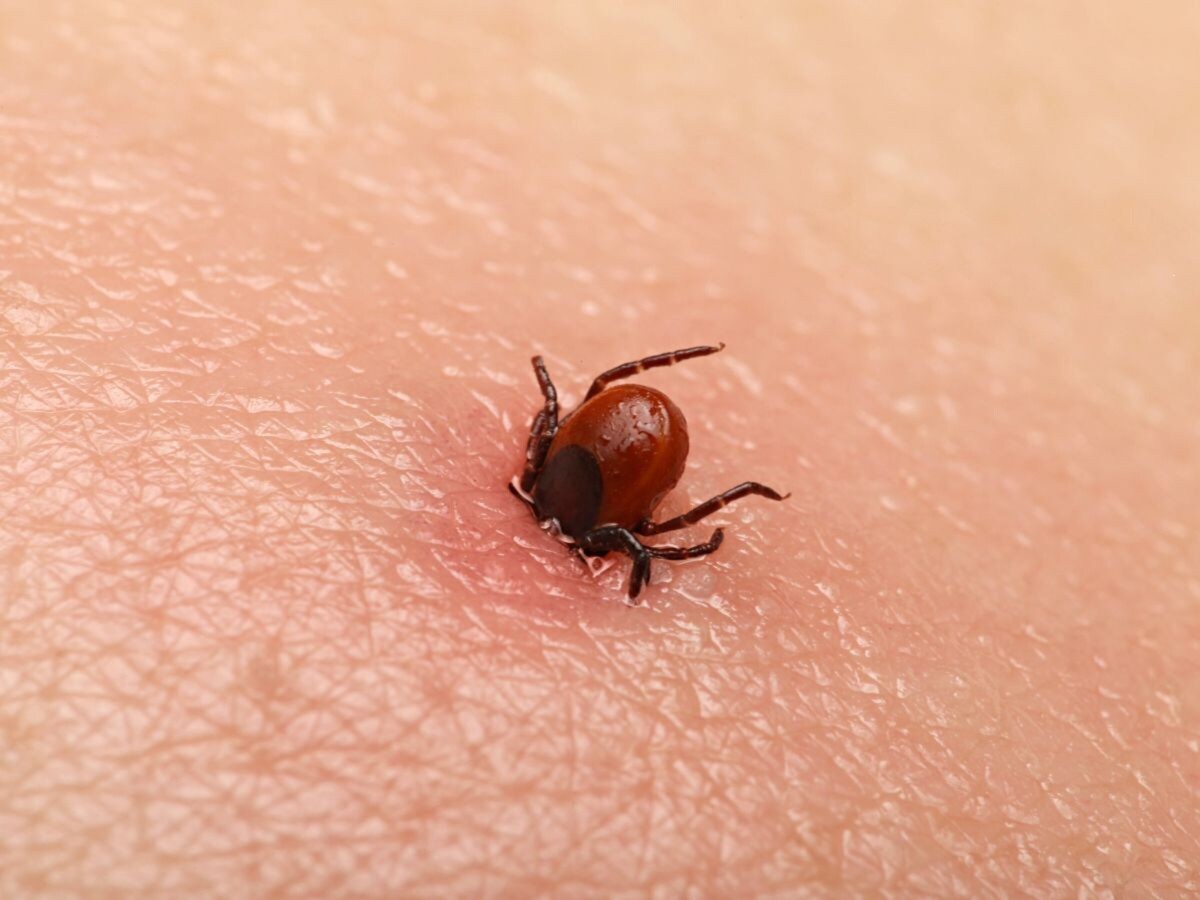New Jersey Agencies Issue Warnings and Prevention Tips for Vector-Borne Diseases
As summer temperatures rise, state departments emphasize the importance of safeguarding against mosquitoes and ticks to avoid serious illnesses.
MORRIS COUNTY, NJ – With the advent of summer, the New Jersey Departments of Health (NJDOH), Environmental Protection (NJDEP), and Agriculture (NJDA) are urging residents to take proactive steps to protect themselves from vector-borne diseases. These diseases, spread by ticks and mosquitoes, pose heightened risks during the warmer months and can lead to serious health complications.
“June 16 through 22 is National Mosquito Control Awareness Week, which aims to raise awareness about infected mosquitoes that can spread West Nile and other diseases. Warming weather also increases exposure to ticks, which can result in illnesses such as Lyme disease," said Health Commissioner Kaitlan Baston, M.D. “The best defense is to take precautions to avoid being bitten, like using effective bug spray and protective clothing, and to do regular tick checks after time in nature. Ticks should be removed as soon as possible.”
Ticks and mosquitoes are known carriers of diseases such as Lyme disease and West Nile virus, respectively. Lyme disease, transmitted through tick bites, can manifest symptoms ranging from fever and headache to more severe neurological or cardiac issues if untreated. West Nile virus, primarily spread by mosquitoes, may cause symptoms that are often flu-like, and in severe cases, can lead to brain swelling or death.
The NJDOH highlights that while there are no vaccines or specific treatments for many mosquito-borne illnesses like West Nile virus, prevention through personal protective measures is key. Recommended actions include using insect repellents, wearing long-sleeved shirts and pants, and maintaining screens on windows and doors to keep mosquitoes out. Residents are also advised to eliminate standing water around their homes, which serves as a breeding ground for mosquitoes.
For property owners and contractors, the state emphasizes the importance of regular maintenance to reduce mosquito populations. This includes clearing rain gutters, covering swimming pools, and managing rainwater storage. Local mosquito control agencies can provide additional support and resources for mosquito-proofing properties.
“Summer rainstorms and warm weather create the ideal conditions for mosquitos to breed, increasing the potential for disease transmission,” said New Jersey Environmental Protection Commissioner Shawn M. LaTourette.
The risk extends beyond humans to animals as well. Horses and livestock are susceptible to diseases like Eastern equine encephalitis, which affects the neurological system. Preventive veterinary care and vaccinations are strongly encouraged for horse owners.
As for tick prevention, the NJDOH recommends avoiding areas with dense vegetation and leaf litter, using EPA-registered insect repellents, and conducting regular tick checks after spending time outdoors. Early detection and treatment of tick-borne diseases are crucial for preventing long-term health issues.
For more detailed information on how to protect yourself from these vector-borne diseases, residents can access resources and data through the Vector-borne Disease Data Dashboard and the state's dedicated websites: fightthebite.nj.gov for general prevention, the NJDOH’s West Nile Virus webpage for mosquito-borne diseases, the NJDEP’s mosquito control webpage for property management tips, and the NJDA’s Animal Health webpage for information on protecting livestock.
The collective effort by NJDOH, NJDEP, and NJDA aims to equip New Jersey residents with the knowledge and tools needed to enjoy a safe and healthy summer, minimizing the impact of vector-borne diseases on public health.















